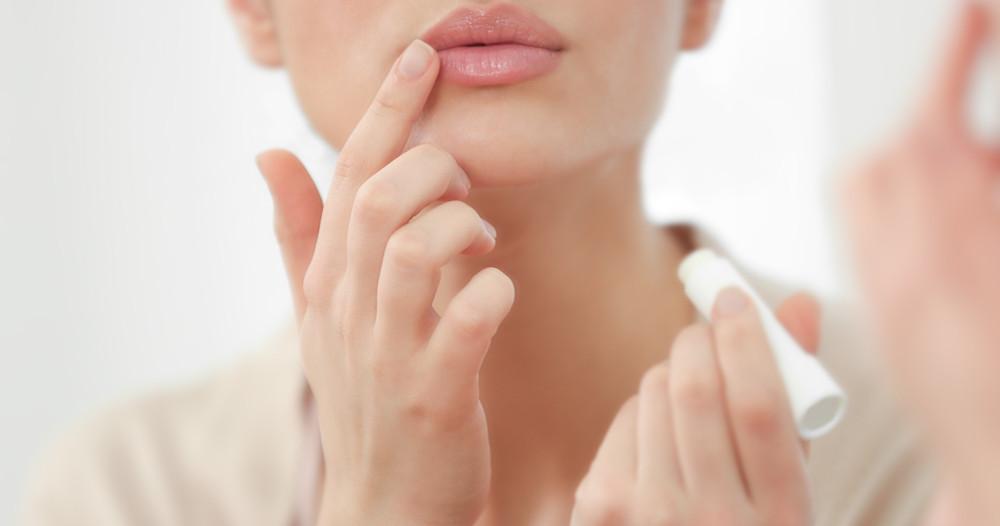Why your lip corners sometimes crack, and how to fix it
In summer and winter, your commissures can sometimes become dry and cracked. But where does this phenomenon come from and how not to let it grow? We answer you!
The skin on the lips is particularly thin and fragile. As a result, it is rather sensitive to wind, cold, various frictions and even temperature changes. As a result, they regularly dry out and crack.
And when this dryness is pushed to its climax and it is not treated by applying suitable balms, it is possible that the lips begin to crack to the corners...
Obviously, this case is rather extreme and usually happens in very cold places. But depending on your level of sensitivity, it can happen in the event of a significant drop in mercury!
What should I do when my lips crackle?
Even though it's very tempting to use your favorite scented lip balm, don't! The perfume tends to irritate the skin. The same goes for ingredients such as menthol or peppermint.
The good deal? Choose a product containing both moisturizing active ingredients such as ceramides or hyaluronic acid and ingredients that help maintain hydration such as beeswax, lanolin or sweet almond oil.

To be applied twice a week, this explosive cocktail will make your lips soft, even in winter!
Angular cheilitis, one of the main sources of dryness at the corners of the lips
Here, we're getting down to business: we're going to talk to you about angular cheilitis. According to Dr. Elisabeth Berrissoul interviewed by Femme Actuelle:
But what is it due to exactly? This problem can, in fact, have different origins depending on the people affected.
Angular cheilitis is usually the cause of colonization by a fungus called candida albicans. We will then speak of candidal angular cheilitis. When this happens, a whitish film covers the corners and the inside of the mouth tends to burn. Thick white or cream deposits may also be found on the lining of the mouth.
But angular cheilitis can also come from contamination with Staphylococcus aureus. In this case, we speak of bacterial angular cheilitis. It is characterized by deposits and yellowish crusts on the commissures. Really nice all that.
The right treatment for angular cheilitis
If you see that after several days of hydration your lips are still not recovering from their emotions, in this case, you probably suffer from angular cheilitis.
Don't panic! It can happen to anyone but it is still better to go see a doctor so that he can establish a complete diagnosis. Yes, self-medication has limits, you yourselves know.
In most cases, if you suffer from bacterial angular cheilitis, you will be prescribed a topical antibiotic treatment to be applied after washing thoroughly with soap and water.
If, on the other hand, it is a candida angular cheilitis, the doctor will prefer to treat it with an antifungal cream to be applied locally... Obviously, this treatment will be associated with taking medication to treat the candida which is found in the mucous membrane mouth, just to treat the problem at 360 degrees.
In any case: courage! It's almost finished !
Also read: Often denigrated, never equaled: lip oils, this well-kept beauty secret
Image credits of one: Unsplash– @Malik Skydsgaard.
How to apply blush to change your face
GO
Bic pen, Duralex glass, Laguiole knife... thirty dream objects, designed and manufactured in France
GO
6 make-up brands available exclusively in Belgium
GO
Allylikes Spring Wear Complementary Ideas to look Fashion
GO